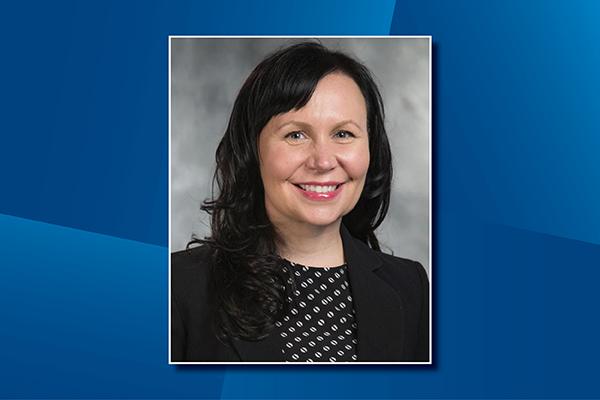
The National Institutes of Health’s Eunice Kennedy Shriver National Institute of Child Health & Human Development has awarded Duke Anesthesiology’s Melissa Bauer, DO, a two-year, $1,575,463 UG3 grant for her project titled, “Large-Scale Implementation of Community Co-led Maternal Sepsis Care Practices to Reduce Morbidity and Mortality from Maternal Infection.” This award is part of a phased five-year grant.
Maternal infection progressing to sepsis is the leading cause of direct maternal mortality in the United States with high preventability. Nationally, there has been no improvement in the overall percentage of deaths from infection since 1987 when the Centers for Disease Control and Prevention began maternal mortality surveillance, despite improvements in overall sepsis care for non-pregnant patients.
Bauer’s research with multi-PI, Dr. Elliott Main of Stanford, focuses on a community co-led strategy to refine, test and disseminate universal pregnancy-adjusted screening, diagnostic criteria and treatment practices for sepsis to overall reduce maternal morbidity and mortality from maternal infection. The overall objectives of the research are to 1) identify patient-based and clinician-based barriers, 2) refine sepsis screening in pregnancy and 3) implement a large-scale quality improvement collaborative.
Bauer and Main will pursue the following aims: 1) develop and support a maternal sepsis community leadership group of community representatives, patients, patient advocates, survivors, and family members of those who did not survive to inform and engage substantively throughout the study; 2A) identify patient-based barriers to care for severe maternal infection and sepsis; 2B) identify clinician-based barriers to implementation; 2C) design strategies to implement evidence-based sepsis care interventions, specifically targeted to address and overcome barriers identified in aims 2A and 2B; 3) establish test characteristics of a pregnancy-adjusted intrapartum sepsis screen.
“Our research is innovative because it is one of the first studies to co-lead a large-scale maternal initiative with representatives from the community, patient advocate representatives, and patients and families with lived experience with sepsis,” says Bauer, associate professor of anesthesiology. “We expect that by identifying and addressing barriers to care and implementation through community, clinician, and patient partnerships, this large-scale implementation initiative will serve as a national model to reduce maternal mortality and morbidity from sepsis, reduce disparities, and potentially serve as a model to address other causes of mortality.”